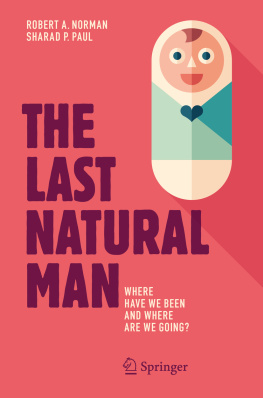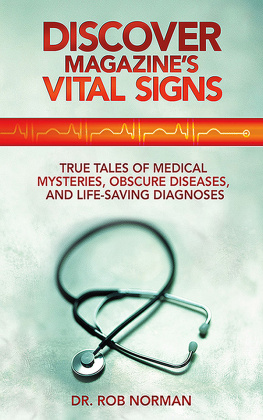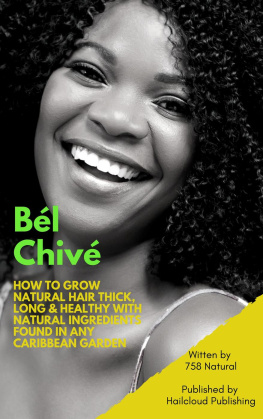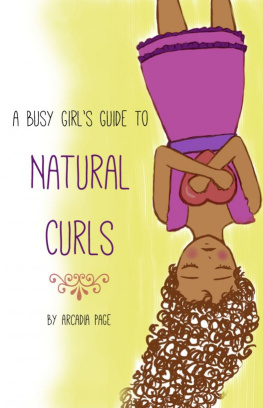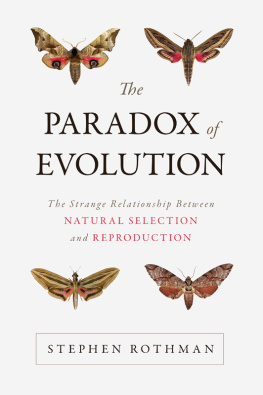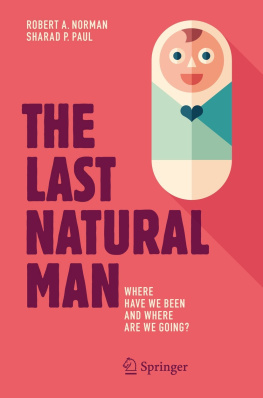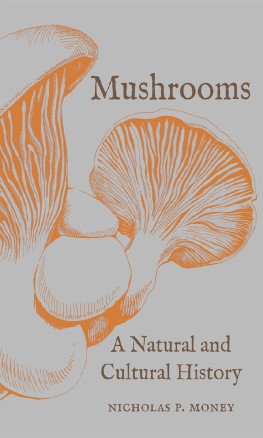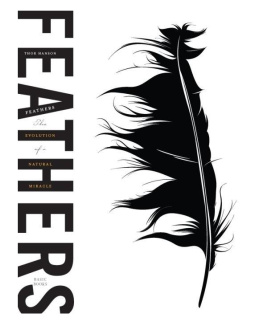1. A History of Disease and Human Invention
Men make use of their illnesses at least as much as they are made use of by them. Aldous Huxley
The history of disease is as old as mankind itself. William McNeill, in his book Plagues and People , researched and described the effects of disease on the human race over the entire sweep of human history, from prehistory to the present, and the enormous role and impact disease played in shaping the history of all humanity.
How have we attempted to survive the medical problems and diseases of our past using our natural inventiveness? We often find invention most amazing, and often the pinnacle of human creativity. Many of us have grown up reading the creative stories of Isaac Asimov and HG Wells and benefiting from the discoveries of Edison and Einstein, and we are now seeing how their inventiveness has shaped our world and is now coming to greater fruition.
We are an inventive and creative species and need lots of activities to keep us busy.
We develop many games for pleasure after having tested them out at work. Paint ball started by tagging the cows, zip lining by wanting to explore the treetops.
Invention has been a way of life since the first of our species. Perhaps we can be best classified as a race that rides the ebb and flow of invention from one generation to the next. From the wheel to genetic intervention, we have shaped our culture via invention.
The Chinese wanted to vanquish the Mongols that had taken over their land. By inventing gunpowder and the guns to use it, they took their land back. And then they invented block printing to announce their victory to the world.
What happened next? In 1440, Gutenberg wanted to help get the Bible out to as many people as he could. How could he make that happen? The block printing was too cumbersome, and each book was done one at a time. Gutenbergs invention of moveable type set the world into a whole new direction. Over 50 million books were printed in the first 10 years of the invention.
From Archimedes first design of a rudimentary rope and pulley system in ancient Greece over 2000 years ago, to Otis elevator in 1853 that had a maximum lift capacity of four tons, we now have the worlds strongest elevator on board the Ronald Reagan supercarrier. The elevator can lift two F8 fighter planes and moreup to 200,000 poundsfrom the hanger bay to the flight deck up three stories in height in ten seconds and back using massive load centers that convert nuclear power to electro-hydraulic force.
The list goes on and on. The telephone, the car, the telegraph, the use of atomic and solar energy, the personal computer, the new cell phones.
Right now we are in the most advanced age of computers and rapid communication. How do we process all the information, filter out what is most important for our future, and determine how we can direct the course of our futures? We now acquire information at a head-spinning rate. Since the dawn of civilization until 2003 we had accumulated five exabites; an exabite is 1 billion gigabytes, roughly equivalent to the capacity of 5.1 million computer hard drives. By 2010 we were generating five times more than all of civilization prior to 2003five exabites--every 2 days. In 2013, the speed is now blistering along at five exabites every 5 min.
In our book, we also step back in time to use it as a springboard for our exploration. Although Leeuwenhoek discovered bacteria, it was two centuries later when Pasteur tied in their existence to disease in Homo sapiens. Incidentally, following his discovery Pasteur suffered from a morbid fear of dirt and infections; he avoided shaking hands for fear of a contamination. Pasteur also helped to create the world in which cleanliness was next to godliness, which has evolved into a religious zeal, displayed incessantly on our television screens, how the death of germs and their byproducts by disinfectants, deodorants, sprays, and cleaning chemicals germs became a religion, proselytized nightly on the television at enormous costs.
In order to find out where we want to go we have to look at what we are made of and what we want to achieve, and then find the best road we will travel to get there. Dr. Oliver Sacks wrote in his New Yorker article Altered States, To live on a day-to-day basis is insufficient for human beings; we need to transcend, transport, escape; we need meaning, understanding, and explanation; we need to see overall patterns in our lives. We need hope, the sense of a future. And we need freedom (or, at least, the illusion of freedom) to get beyond ourselves, whether with telescopes and microscopes and our ever-burgeoning technology, or in states of mind that allow us to travel to other worlds, to rise above our immediate surroundings.
Progress pushed along by invention rarely moves forward in a straight line, and is often one step forward, two steps back. However, it does progress, if only at a glacial pace, and sometimes imperceptibly, painfully, and often with a social and moral lag. The American psychiatrist Karl A. Menninger, in his book Man Against Himself , attempts to make this point: When we remember that in the calendar of time civilized human beings are only a few seconds removed from the cannibal and a few minutes removed from the beasts, it will not be surprising to discover that in the unconscious, cannibalism is not yet extinct.
And part of all this angst is based on our nature as humans. When Robert Sapolsky, in his article Super Humanity in Scientific American reflects on the fact that 99 % of human history was spent on the open savanna in small hunter-gatherer bands, he adds, Indeed, those millions of ancestral years produced many of our hallmark traits-upright walking and big brains, for instance. Of course, those wildly useful evolutionary innovations came at a price: achy backs from our bipedal stance; existential despair from our large, self-contemplative cerebral cortex. As is so often the case with evolution, there is no free lunch. He adds, And when it comes to humans becoming, on average, smarter, taller, and better at athletics, there is a problem: Who cares about the average? As individuals, we want to individually be better than other individuals. Our brain is invidious, comparative, more interested in contrasts than absolutes.
The world of disease has shifted from the acute to the chronic. We have hundreds of millions of people with chronic disease worldwide, and countless maladies than we can ever uncover. Aging and longevity has never taken center stage like it does now, and will be explored here in detail.
Roy Porter, in his book Blood and Guts , wrote, The dread of disease, potential and actual, the pains of acute complaints and long-term ailments, and the terror of mortality number among our most universal and formidable experiences. Religion and philosophy are arguably the products of mankinds efforts to cope, in mind and heart, individually and collectively, with afflictions and death.
We live in a time of a great technological rise, yet our bodies remain fairly similar to 500 or 5000 years ago. However, we now face a myriad of new endocrine disrupters and other antigens that can interfere with our lives. We have an enormous need to understand our natural environment and discover what we can mimic in nature for success, while simultaneously investigating and defending ourselves from the exotics that interfere with a full life,

